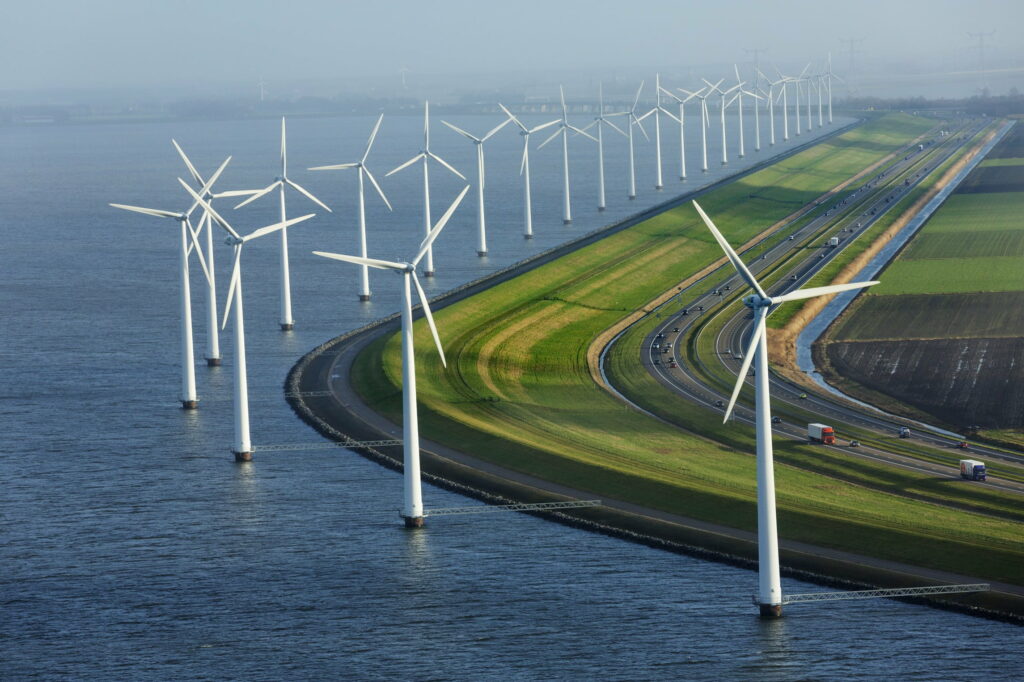Defying the grimmest projections, Europe made it through the temperate winter of 2023 with remarkably little collateral damage – and even a few big wins. The energy crisis may have displaced Europe’s climate aspirations by a fraction, but thanks to a record rollout of renewables and conservation measures, the continent’s emissions footprint inched downward and positioned Europe to remain within reach of its goal to slash emissions by 55 percent in seven years’ time. And it’s on track to comfortably outpace its pledge to generate 45% of its total energy from clean sources by 2030.
